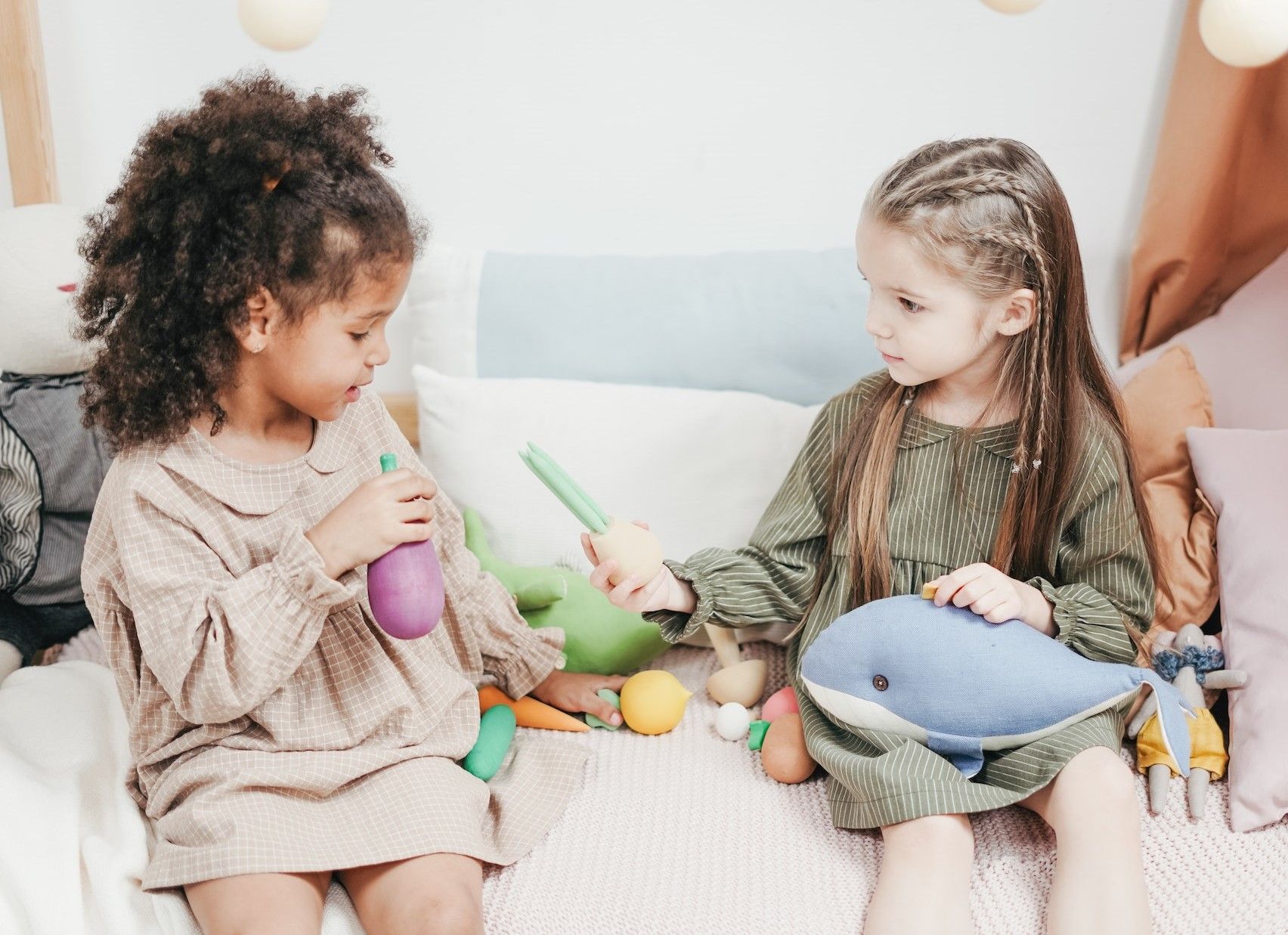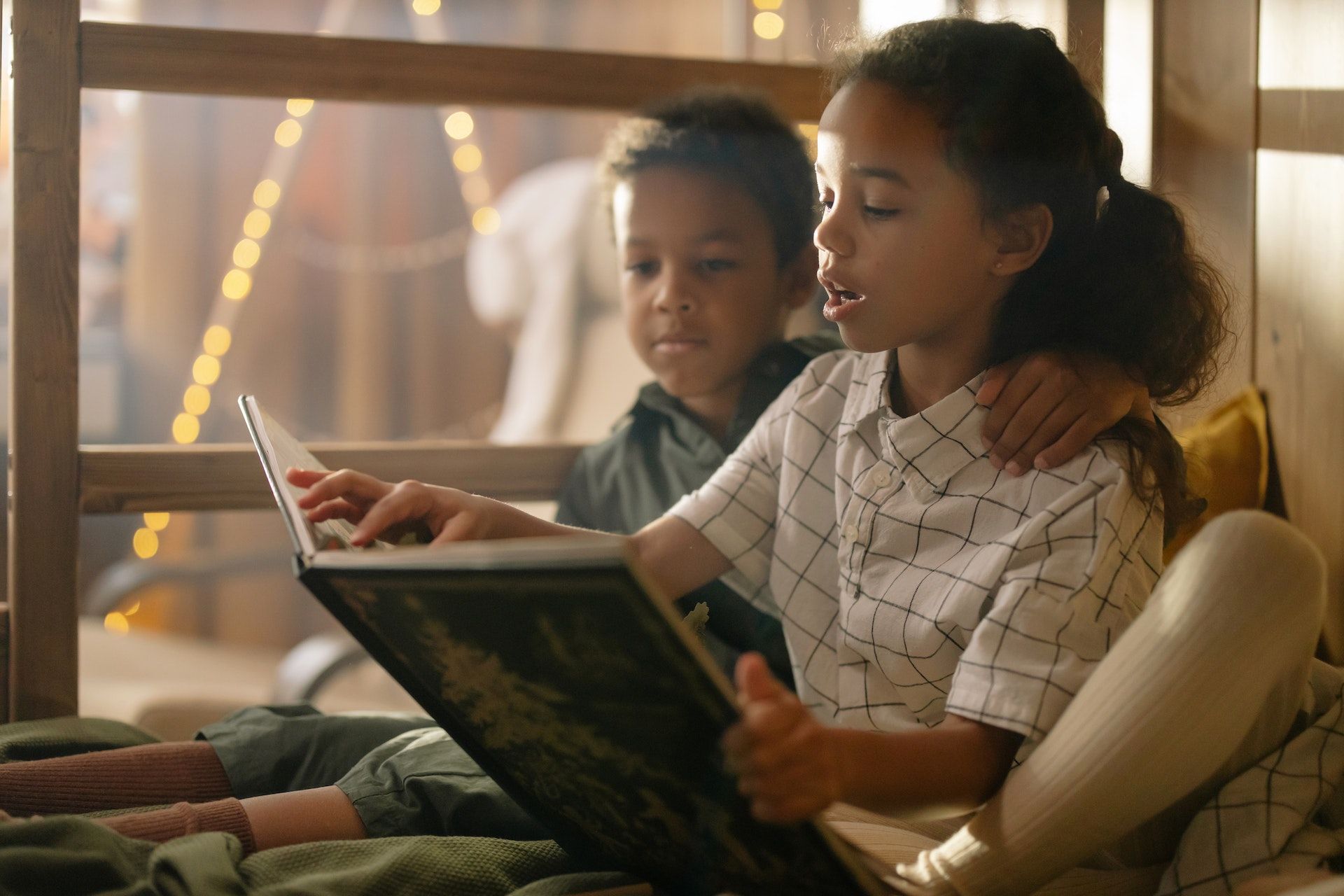The 5 Rs of Early Childhood Education
5 min read
Last Modified 28 March 2025 First Added 25 August 2023

The “5 Rs” provide children with key foundation skills that aid them in reaching their full potential.
Learning to nurture their knowledge, ability, and mindset allows your child to pursue and achieve any opportunities that come their way in the future!
Prepare your little one for life by mastering the 5 Rs: respect, responsibility, resilience, resourcefulness, and reflection.
Read on to find out more about the 5 Rs, their lifelong benefits, and fun ways to practice developing these skills.
Respect is an important skill that children will continue to use throughout their life. It helps to build trust, care and protection in our relationships and shows that you value other people.
It’s a skill one must learn but luckily there are lots of fun and creative ways to teach and demonstrate respect!
Group activities such as games and puzzles help to encourage manners, understanding and patience – all important pillars of respect. Why not play the Early Learning Centre Create A Story Game with the whole family to help teach respectful behaviour. The use of storytelling will also encourage empathy, another important respectful quality to have.

Inspiring responsibility and ownership from a young age builds confidence and competence! And teaching your children how to be responsible can be done through simple yet effective tasks.
Try to assign your child a chore to complete daily, like putting their toys away in the toy box or putting their shoes on the shoe rack.
Create a reward chart and mark off every time they successfully finish a task! Why not reward them with their favourite toy? How about a new toy car or an arts and crafts kit?
A simple and achievable task will help to build their understanding of responsibility and provide a positive foundation for further development.
Resilience is a vital skill that allows us to cope with life’s many hurdles. Developing this, will help children cope with stress, change, and be open to new experiences.
Building resilience can take time but there’s plenty of fun activities children can do to teach them how to bounce back from setbacks and challenges!
Art is a fabulous way for children to express emotion they feel from any challenging experiences. Getting their thoughts and feelings on paper through art, not only is very relaxing, but will also help them process and understand their worries. Your child might enjoy painting on a children’s easel or they might take to scribbling with children’s colouring pens much more.
When we understand why we feel a certain way we gain control back, which is an important part of resilience. Check out our selection of children’s art books to help your child get creative and help build their resilience!

Resourcefulness is a brilliant skill to develop as it strengthens problem-solving skills, enables children to reach their goals, and encourages productivity.
Problem-solving skills can be taught to little ones in the form of stimulating games! Some great interactive games that encourage resourcefulness are puzzles, like the Early Learning Centre Wooden Under The Sea Puzzle. They are simple yet effective, providing the child with visual and easy-to-handle pieces, as well as a goal to achieve!
Shape sorters, like the Early Learning Centre Wooden Noah’s Ark Shape Sorter, also offer similar interactivity. This colourful set allows children to work through the wooden animal figures, matching them up and then fitting them in the correct shaped hole in the Ark.
Additionally, you can have a look at problem-solving toys to find alternative suggestions.
Reflection provides clarity and consideration of situations and helps children learn from their experiences.
When we can understand our thoughts and feelings, our actions, and ourselves better, we can continue to grow and develop self-awareness.
One activity you could incorporate into your child’s routine is journalling. This will help them reflect on their day, what went well, and how they felt. And this doesn’t have to just be portrayed in words either. Perhaps your little one would prefer to draw or use paint sets to express their feelings.
If your child is yet to begin writing, have a look at our range of toys to assist a child learning to write.

The 5 Rs…
Builds character: Children can develop positive character traits, such as empathy, self-awareness, and integrity, which will benefit them throughout their lives.
Prepares for success: These skills are essential for success in school, work, and personal relationships. Children are better equipped to navigate challenges and achieve their goals if they’ve learnt the 5 Rs.
Enhances social skills: The 5 Rs cultivates social skills such as teamwork, communication, and conflict resolution, which are important for building healthy relationships with others.
Promotes independence: By teaching children responsibility and resourcefulness, parents and caregivers help them develop the skills they need to become independent and self-sufficient.
The 5 Rs contribute to your child’s development and growth, setting them on the right path as they continue to explore the world and meet new people. Remember, incorporating creative play is a great way to introduce these learning skills.
Read our disclaimers here.